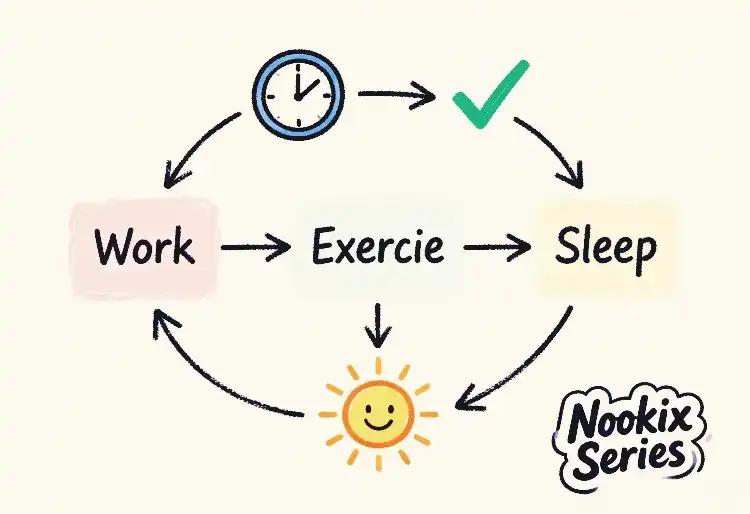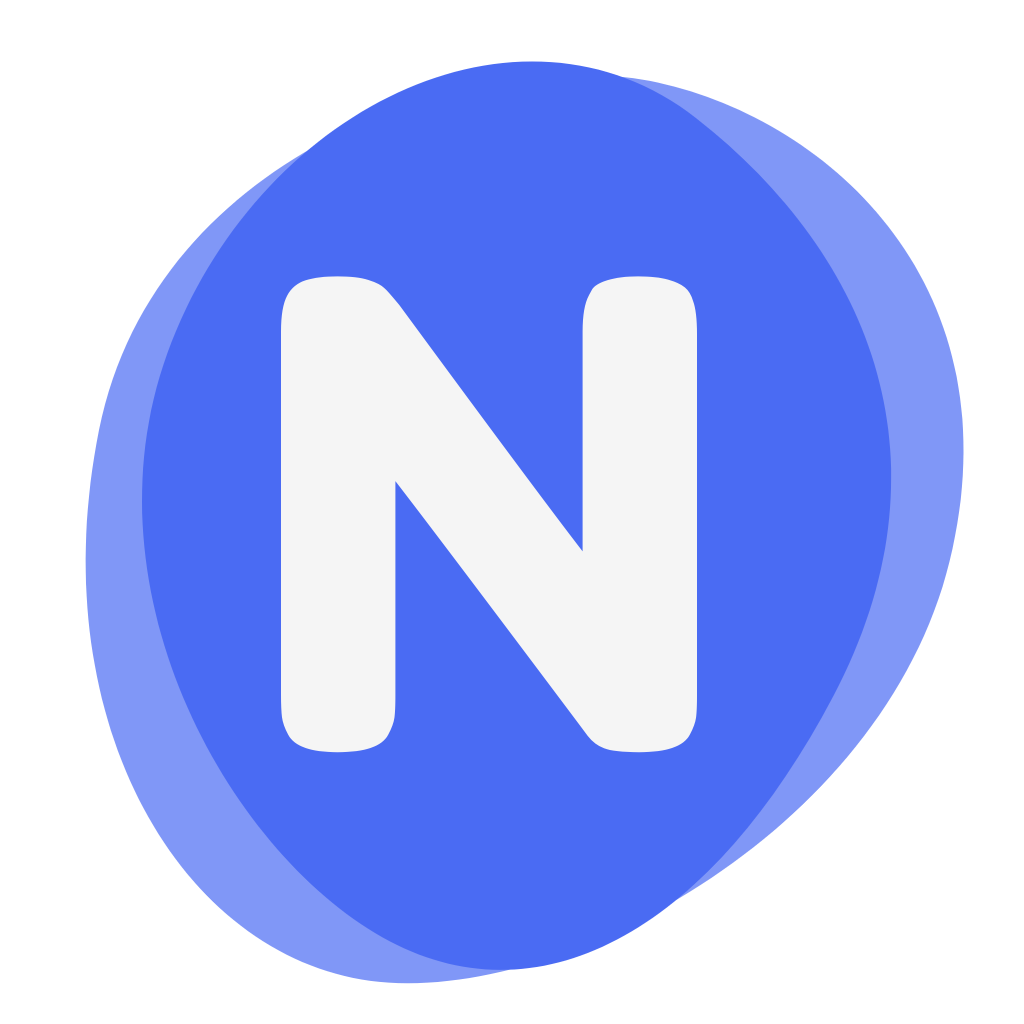
Beyond Busy: Building Your Personal Productivity System
It’s 8 AM. You sit down at your desk with a fresh cup of coffee and a clear intention: today will be a productive day. You open your laptop to tackle that one important project, the one that really matters.
But then, it begins. An urgent email notification flashes. A Slack message from a colleague pops up. You glance at your to-do list, a sprawling document of 47 different tasks, all marked "important." By 10 AM, you’re bouncing between three different projects, have answered 15 emails, and have put out two small "fires."
By the end of the day, you’re exhausted. You were busy every single second. But as you shut your laptop, a familiar, sinking feeling returns. That one important project? You never even started it.
If this sounds like your typical Tuesday, you're not just experiencing a busy day; you're trapped on the hamster wheel of modern work. The problem isn't that you're not working hard enough. The problem is that we’ve been taught to focus on the wrong thing. We try to manage our time, but time is finite and moves uncontrollably. The real key to high performance lies in managing something else entirely: your energy and attention.
This groundbreaking book argues that managing energy, not time, is the foundation of a productive life. A day should be a series of strategic sprints and recovery periods, not one long, draining marathon. Building on this core idea, creating a personal productivity system isn't about finding a better app; it's a three-step process of clearing the mind, focusing on the essential, and executing with intention.
Step 1: Clear the Decks
The primary source of our stress isn't having too much to do; it's trying to remember everything we have to do. Your brain is for having ideas, not for holding them. Every "don't forget to email Sarah" or "I need to buy milk" is an open loop in your mental RAM, draining your focus. The first step is to get it all out.
David Allen’s GTD (Getting Things Done) methodology is the gold standard for this. Its core principle is to capture every single commitment—from a multi-year project to a simple errand—into an external, trusted system. By writing everything down and processing it, you achieve a state of "mind like water," freeing up your mental bandwidth to focus completely on the task at hand.
Step 2: Find Your North Star
Once your mind is clear, a new challenge emerges: out of the 100 tasks you’ve captured, what should you do now? The reality is that most of what we do is trivial. The art of productivity lies in distinguishing the vital few from the trivial many.
This book provides the philosophy for this step: "less, but better." It's a disciplined pursuit of focusing only on what is truly essential. It teaches you to say "no" gracefully to good opportunities so you can say "yes" to the truly great ones. It’s about trading a thousand shallow accomplishments for a few deeply meaningful ones.
To make this philosophy even more actionable, you need a focusing question.
This book offers a powerful tool for daily prioritization: "What's the ONE Thing I can do, such that by doing it, everything else will be easier or unnecessary?" This question cuts through the clutter and forces you to identify the single most impactful action you can take right now.
Step 3: Build the Engine
You’ve cleared your mind, and you’ve identified your "One Thing." Now, how do you protect your attention long enough to actually do it in a world filled with digital distractions? The answer is to intentionally create space for focused work.
Cal Newport argues that the ability to perform "Deep Work"—focusing without distraction on a cognitively demanding task—is a superpower in the 21st century. The key is to schedule these deep work blocks into your calendar like you would an important meeting, and fiercely protect that time.
But willpower alone isn't enough. The most effective way to ensure execution is to make it automatic. This is the power of habit.
This book provides a brilliant, four-step framework (Cue, Craving, Response, Reward) for building the small, consistent habits that make high performance effortless. You can design a habit to automatically put your phone in another room before a deep work session, or to open your most important task first thing in the morning. These tiny, automatic actions are the engine of long-term success.
This three-step system—Capture, Focus, Execute—is incredibly powerful. But to truly make it last, it needs to be guided by a deeper set of principles.
This timeless classic provides the underlying philosophy for it all. Principles like "Begin with the End in Mind" give you the vision to identify what's essential. "Put First Things First" is the very definition of prioritization. This book isn't just another tactic; it's the personal constitution that ensures your productivity system is serving a meaningful life.
Productivity isn't about becoming a robot, optimized for maximum output. It's the opposite. It's about consciously and systematically clearing away the clutter and the noise, so you can create the time and mental space to do the work that truly matters—the work that brings you fulfillment, creates value, and moves you closer to the life you want to live. It's not about doing more; it's about doing more of what makes you come alive.
